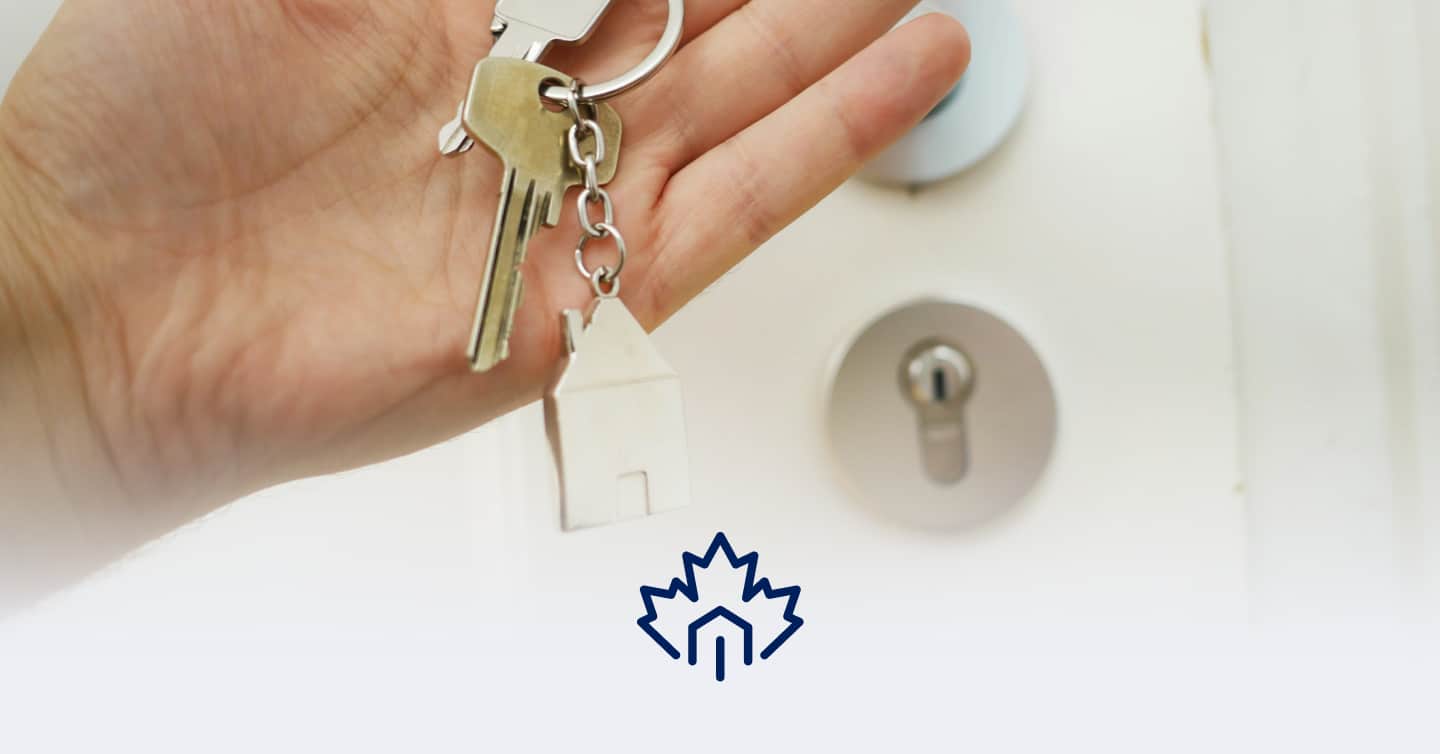What Is a Collateral Charge Mortgage?

Table of contents
Collateral charge mortgages allow you to borrow against your property value in the future without refinancing. Understanding how this type of mortgage differs from a standard charge can help Canadians avoid surprises and make better borrowing decisions, especially in a market where every dollar counts.
As mortgage rates in Canada fluctuate, homeowners and buyers can leverage collateral charge mortgages for the added flexibility to access equity as property values increase or the mortgage is paid down. Let’s break down what a collateral charge mortgage is, how it works, and when it might fit your long-term financial goals.
Key Takeaways
- Collateral charge mortgages allow you to borrow against your property value in the future.
- While convenient for future borrowing, a collateral charge can be more expensive and make it difficult to switch lenders.
- Standard charge mortgages are registered for the exact loan amount, while collateral charges can be registered for up to 125% of the property value.
How Collateral Charge Mortgages Work in Canada
A collateral charge mortgage lets you use your property as collateral for loans, including lines of credit, personal loans, and car loans. A collateral charge mortgage is re-advanceable, with the lender able to register a collateral charge for up to 125% of the property value. This allows you to borrow more later without the need to refinance the mortgage.
The additional amount you borrow later can be through another mortgage within the collateral charge, a home equity line of credit (HELOC), personal loan, or credit cards secured by the property value. For example, if you purchase a property valued at $300,000, the lender may register your mortgage for up to $375,000 (125% of $300,000). To access the full $375,000, you would need to have fully paid off the mortgage, and the property value would need to increase to $468,750.
The way a collateral charge mortgage works is when the value of your property increases, you can borrow up to 80% of the new value, less what you still owe on the property. So, in the future, if you have $200,000 remaining on your mortgage and your property has increased in value to $400,000, you could borrow up to $120,000 [($400,000 x 80%) – $200,000 = $120,000)] without refinancing.
Pros of a Collateral Charge Mortgage
Collateral charge mortgages are designed to offer flexibility and cost savings for homeowners who may want to consider a refinance or borrow additional funds in the future. Here are the main advantages:
- Easy access to additional funds: You can borrow more without the need to refinance, giving you easy access to additional cash.
- Useful for debt consolidation: Combine multiple debts under one loan secured against your home.
- No Reappraisal: You can access home equity as you pay down your mortgage without getting a new appraisal as long as you borrow within your approved global limit.
-
Legal Protections: In most provinces, putting a lien on a property with a collateral charge mortgage may be challenging or impossible. This helps protect you from any person or corporation trying to file a lien against your property.
Cons of a Collateral Charge Mortgage
Despite the flexibility, there are significant cons to consider, especially if you want options at renewal or hope to shop around for better rates.
- More expensive to switch lenders: It may be more difficult and expensive to switch since you’ll likely need to pay fees to discharge the mortgage and pay off any revolving credit associated with the collateral charge mortgage.
- Potential to overborrow: If property values drop, you risk overextending your finances, and you could owe more than your home is worth.
- On-Demand Recall: Collateral charges are set up as on-demand loans. This means your lender can recall your loan in full if you break the terms of your mortgage.
Collateral vs Standard Charge: What’s the Difference?
One of the main differences between Collateral and Standard charges is how the loan is registered. Standard charges are registered for the exact loan amount, meaning if you have a mortgage of $200,000, that will be registered, and the amount reduces as you pay down the mortgage. This makes it easier to switch lenders.
Collateral charges are registered for more than the mortgage amount, making it harder to transfer to another lender without paying to discharge the mortgage. Another significant difference is that standard charges require you to refinance and requalify to borrow more. Collateral mortgages allow you to access additional funds without a refinance.
Is a Collateral Charge Mortgage Right for You?
This type of mortgage can be beneficial for:
- Homeowners planning renovations or future borrowing.
- Borrowers who may want to consolidate debt later.
- Those who intend to stay with the same lender long-term.
However, it might not be ideal if:
- You want the freedom to switch lenders regularly.
Frequently Asked Questions
What does collateral charge mean on a mortgage?
It means the lender registers the mortgage on your property for more than your original loan amount, allowing future borrowing without refinancing.
Can I switch lenders if I have a collateral charge mortgage?
Yes, but it typically involves paying legal and discharge fees since the mortgage has to be re-registered with the new lender.
Can I get a collateral charge mortgage with any lender?
Some lenders, like TD, only set up mortgages as collateral charges, while others may not offer collateral charges at all. Ask the lender about their mortgage registration types to understand how your mortgage may be registered.
Final Thoughts
A collateral charge mortgage can offer flexibility for borrowing later, but that convenience comes with trade-offs, especially when it comes time to renew, and you want to switch lenders. Understanding the benefits and limitations of a collateral charge mortgage will help you determine if it’s the right fit, whether buying your first home or planning your next financial move.
Are you looking for guidance on which mortgage structure is right for you? Contact our mortgage professionals today for a custom strategy that fits your financial goals.

